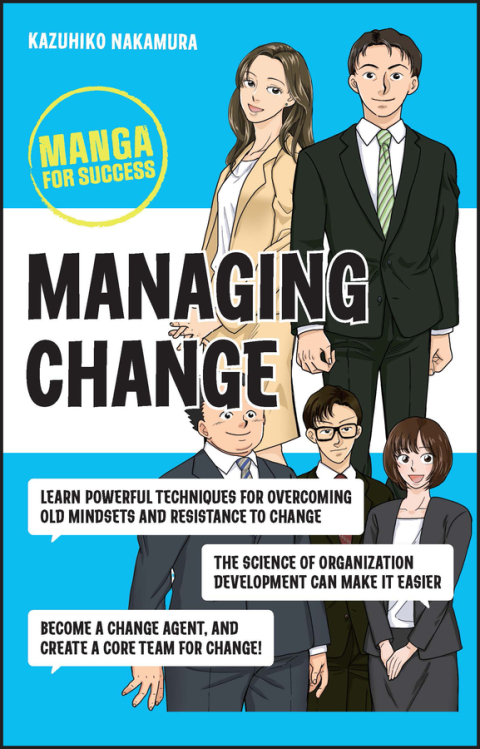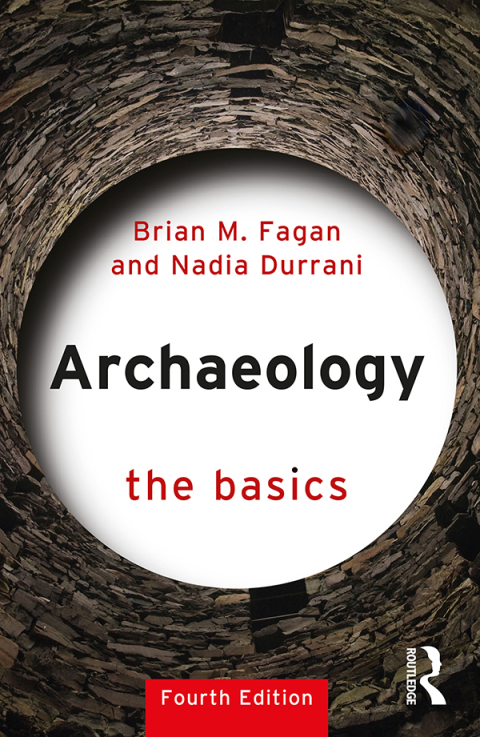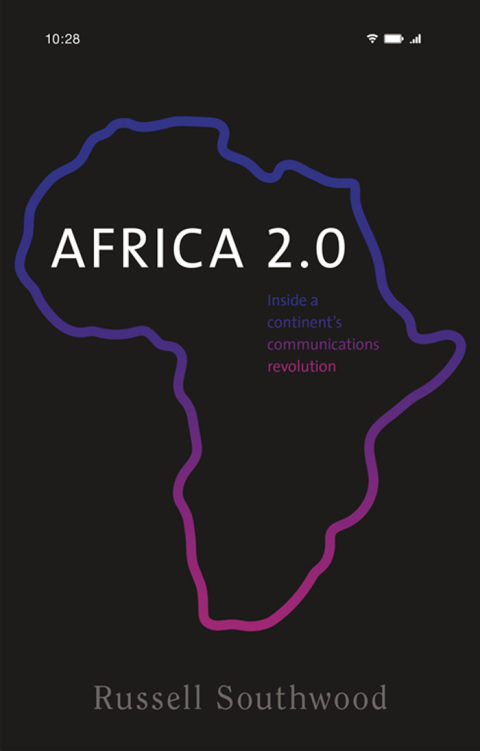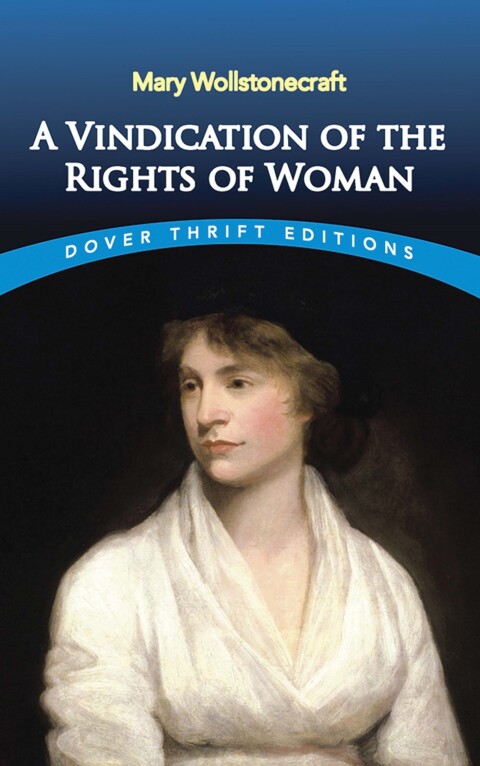Description
Efnisyfirlit
- Cover
- Title Page
- Copyright
- Introduction
- (1) The Rise of Individual Work
- (2) Increasing Diversity in the Workplace
- (3) Decreasing Discussion Time as an Effect of Optimization and Work‐style Reform
- Prologue: Problems Keep Happening Yet the Workplace Stays the Same
- Story 1: The Unchanging Workplace
- 1 The Human Side of Workplaces and Organizations
- The Hard and Soft Sides of an Organization
- Why Managing the Human Side Is Important
- 2 Technical Problems and Adaptive Challenges
- There Are Two Sides to a Problem
- Common Leader and Manager Mistakes
- 3 Adaptive Challenges and Organization Development
- Problems in the Human Side Include Adaptive Challenges
- Part 1: What Is Organization Development?
- Story 2: Meeting a Supporter of Organization Development
- 2‐1 What Exactly Is Organization Development?
- Organization Development Is a “Label”
- Defining Organization Development
- 2‐2 Steps in Organization Development
- How to Deal with Adaptive Challenges
- The Three Steps in Organization Development
- Organization Development Step 1: Seeing the Problem
- Organization Development Step 2: Serious Discussion
- Organization Development Step 3: Building a Future
- 2‐3 What Exactly Is a Discussion?
- Discussion Means Two‐way Communication Where Meaning Is Conveyed
- The Four Levels of Two‐way Communication
- Level 1: Polite Conversation
- Level 2: Debate
- Level 3: Introspective Discussion
- Level 4: Productive Discussion
- Discussion Levels and the Three Steps of Organization Development
- Part 2: The Core Team as an Agent of Change
- Story 3: Building a Core Team
- 3‐1 The Importance of Trying to See What You Can’t See
- The Difficulty of Trying to Understand the Feelings of Someone Before You
- What Is Needed to See the Human Side?
- 3‐2 The Core Team to Propel Change
- Propelling and Suppressing Change
- A Core Team to Increasingly Propel Change
- 3‐3 Propelling Organization Development
- Roles Needed Besides the Core Team
- Transformation Leader
- Organization Development Supporter
- Sponsor
- 3‐4 Process Consultation—How Do Supporters Support Organization Development?
- The Three Styles of Support
- The Specialist Style: Teaching Solution Strategies and Giving Information
- Doctor‐Patient Style: Diagnosis and Prescription
- Process Consultation Style: Participatory Support
- An Example of Process Consultation Support
- Building a Support Relationship as a Participant
- Part 3: From Individual Work to Cooperation
- Story 4: Toward Being Able to Teach Each Other
- 4‐1 Moving from Individual Work to Cooperation
- Why Work Is Being Done Individually
- The Shortcomings of Individual Work
- From Individual to Cooperative Work
- 4‐2 Expanding Organization Development
- Structured and Unstructured Organization Development
- Increasing the Power of the Core Team to Transform Itself
- 4‐3 Dealing with Resistance to Change
- Resistance to Change Is Healthy
- Dealing with Negative Reactions
- Building Successful Experiences through Small Attempts
- Part 4: Changing the Individual Mindset
- Story 5: Outgrowing Focus on Individual Work and Achievements
- 5‐1 Differences in Mindsets
- The Achievement Mindset Dominates Businesses
- Moving from the Achievement Mindset to the Organization Development Mindset
- 5‐2 Discussion with People You’re in Conflict with
- The Pattern in Connections That Don’t Go Well
- Discussing and Building a Cooperative Relationship with People You’re in Conflict with
- Using Appreciative Inquiry (AI) in Discussions
- Part 5: Deepening and Expansion throughout the Organization as a Whole
- Story 6: From Confrontation to Cooperation
- 6‐1 Implementing Cooperation within a Group
- How Conflicts and Confrontation Are Born in a Group
- The Mindset Needed in Building Cooperative Relationships within a Group
- 6‐2 The Growth and Development of an Organization or Workplace
- What Is Self‐organization?
- Deepening Organization Development and the Growth and Development of an Organization or Workplace
- Constant Discussion and Pursuit
- Epilogue: What Does It Mean for an Organization to Change?
- Afterword
- References
- About the Author
- End User License Agreement





